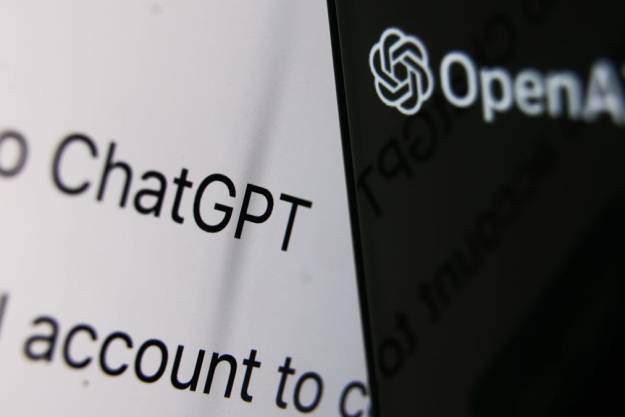Facebook owner Meta is working on an artificial intelligence (AI) system that it hopes will be more powerful than GPT-4, the large language model developed by OpenAI that powers ChatGPT Plus. If successful, that could add much more competition to the world of generative AI chatbots — and potentially bring a host of serious problems along with it.
According to The Wall Street Journal, Meta is aiming to launch its new AI model in 2024. The company reportedly wants the new model to be “several times more powerful” than Llama 2, the AI tool it launched as recently as July 2023.

Meta plans for the forthcoming AI system to “help other companies to build services that produce sophisticated text, analysis, and other output,” The Wall Street Journal claims. Training for the AI will begin in early 2024, with an official release expected at some point after Google launches its own large language model, dubbed Gemini.
The Wall Street Journal reports that Meta is building up data centers and purchasing Nvidia H100 graphics cards to help it develop the AI. Meta chief Mark Zuckerberg reportedly wants the tech to be open source, which could help speed up its adoption.
Many potential problems

However, some experts have warned that an open-source approach might have some notable drawbacks. For one thing, its easy access could put a potentially very powerful tool into the wrong hands, which may result in a marked uptick in viral disinformation and other damaging results.
As well as that, questions will no doubt be asked about where Meta sources the data it uses to train its AI model. Various rivals have landed themselves in hot water over allegedly plagiarizing artistic content and written materials in order to improve their AIs’ outputs, while Google has effectively declared that everything on the internet is fair game for its Google Bard AI.
Meta does not have the best reputation for protecting user privacy given the near-constant scandals Facebook finds itself embroiled in, and that might alarm people who fear handing over their data to Meta’s AI efforts.

There were similar worries when it was claimed that the company was planning to launch its own AI chatbots with personalities, and its latest move will likely prompt comparable concerns.
Indeed, there are so many potentially negative consequences of the current AI craze that numerous prominent technologists signed an open letter pleading with companies to abstain from developing anything more powerful than GPT-4 while the world catches up with the implications. That, apparently, has fallen on deaf ears.
Will any company put societal cohesion and well-being ahead of the huge profits that can be reaped from this new AI world? The answer in Meta’s case is apparently no.
Editors' Recommendations
- Why Llama 3 is changing everything in the world of AI
- Apple finally has a way to defeat ChatGPT
- ChatGPT AI chatbot can now be used without an account
- Copilot: how to use Microsoft’s own version of ChatGPT
- GPTZero: how to use the ChatGPT detection tool



